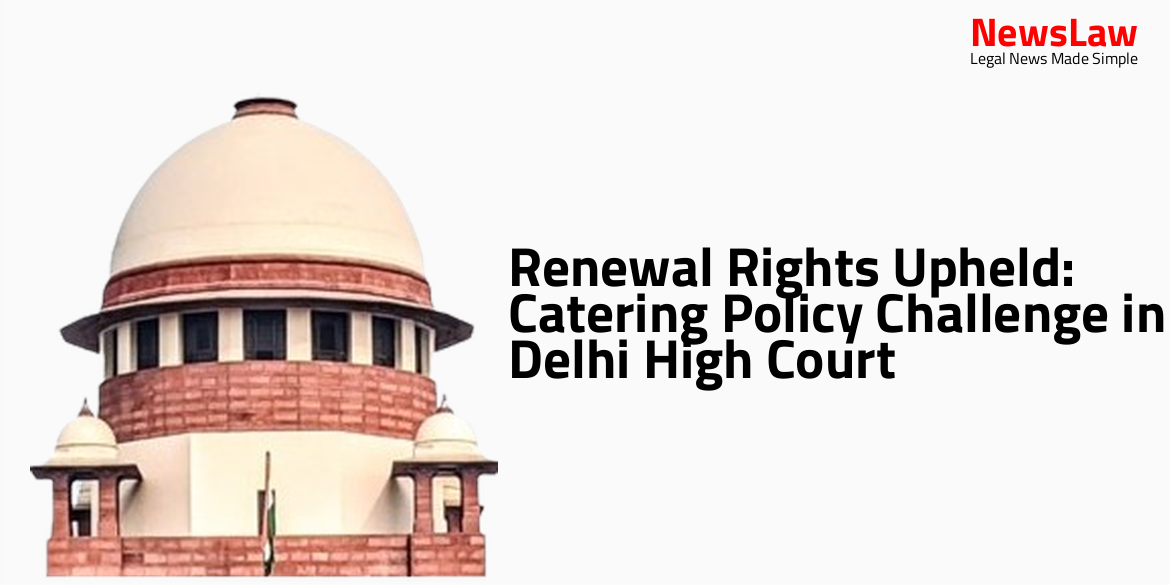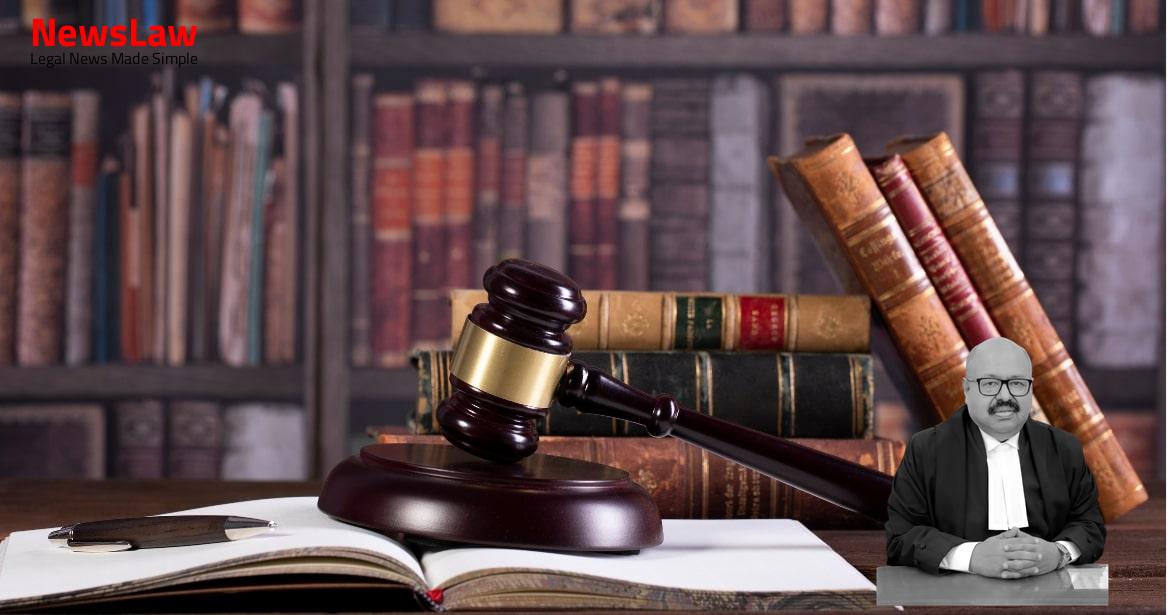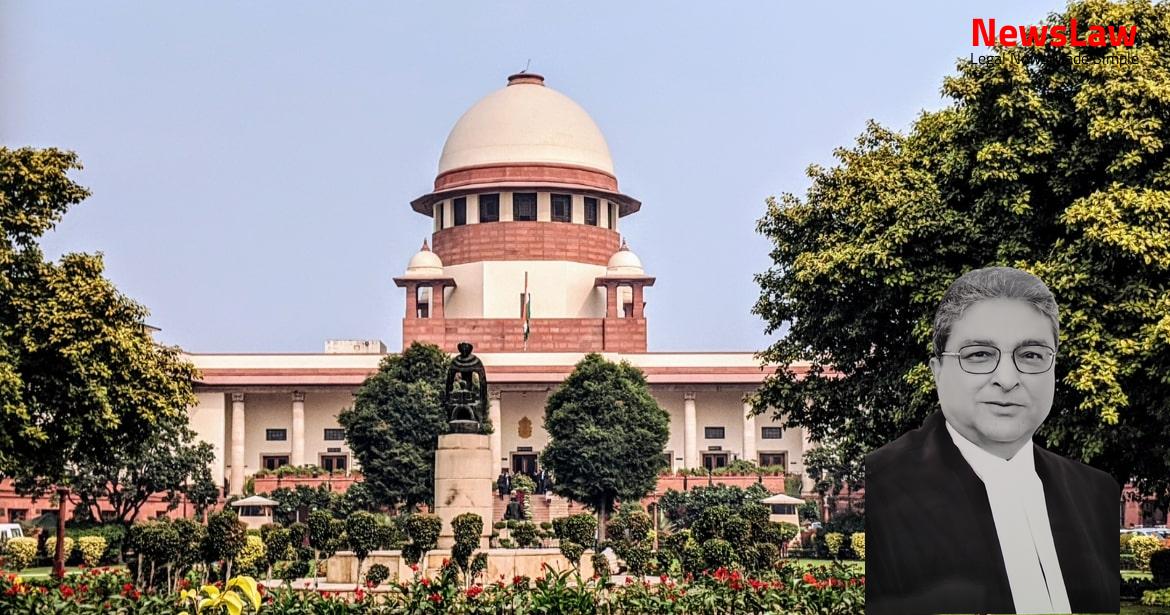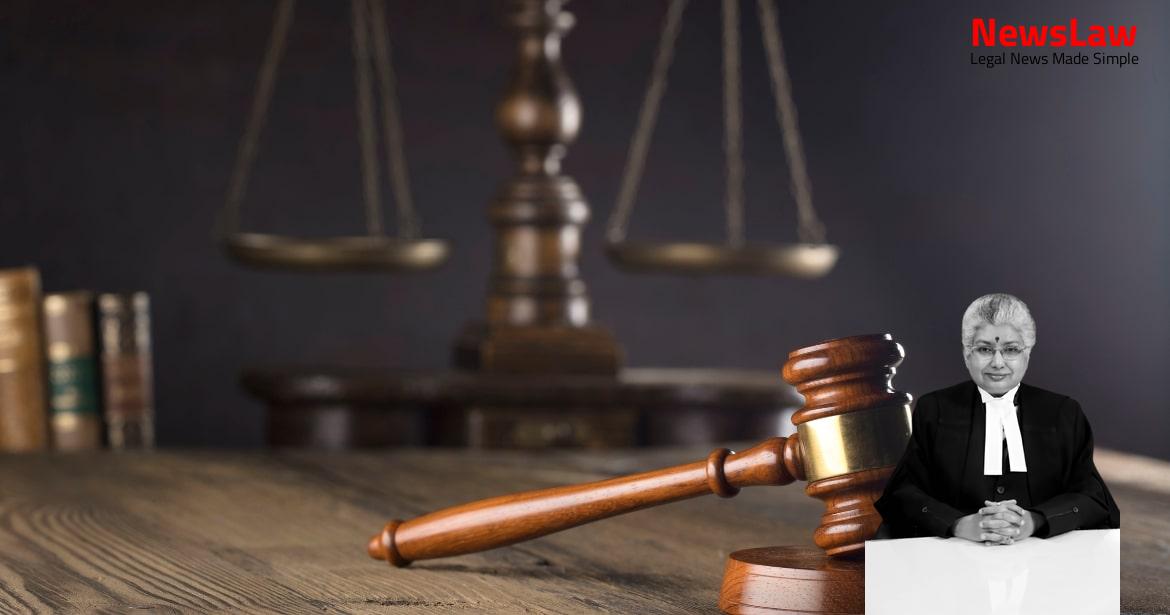In the recent case challenging Clause 11 of the Catering Policy 2017, the Delhi High Court delivered a significant judgment upholding renewal rights. The petitioners argued against the denial of renewal under Articles 14, 19(1)(g), and 21 of the Constitution. This case marks a pivotal moment in the legal landscape regarding licensing agreements and competition with larger entities.
Arguments
- The petitioners argue that Clause 11 of the Catering Policy 2017 infringes upon their rights under Articles 14, 19(1)(g), and 21 of the Constitution by denying them the right to renew their licenses and forcing them to compete with larger entities.
- They rely on legal precedents such as Olga Tellis v. Bombay Municipal Corporation, Consumer Education & Research Centre v. Union of India, South Central Railways case, and Vendors Cooperative Society v. Union Of India to support their argument.
- The petitioners claim that they signed the license agreement under coercion, economic duress, and due to the power imbalance between them and the railways.
Analysis
- The petitioners participated in the tender for the license knowing it would be for 5 years with no extension or renewal.
- Extension of license was granted due to force majeure event of government-imposed lockdown.
- The licensees do not have an indefeasible right of renewal under the Easements Act or the policy.
- Clause 10 of Catering Policy 2017 provides for reservation in allotment of minor units for marginalized minorities and weaker sections of society.
- A license is revocable at the will of the grantor as per Easements Act, except in specific contingencies.
- A public body cannot arbitrarily decline to renew a license without rational purpose.
- Allegations of undue influence or coercion must be precisely pleaded to be considered.
- Reliance on past relaxations in policy for other contexts does not entitle petitioners to similar treatment.
- A writ of Mandamus cannot be used to direct enactment of laws or rules.
- The petition challenges paragraph 1744 of the Indian Railways Commercial Manual as the root cause for raised punitive demands.
- The petition argues paragraph 1744 violates Section 73 and 79 of the Railways Act, 1989.
- The challenge to paragraph 1744 stands, regardless of its truth, as it is part of the manual issued by the Railway Board in New Delhi.
- The doctrine of estoppel by election is based on equity and precludes asserting a right contradicted by one’s actions or silence.
- Assertion that the contract terms were accepted due to unequal bargaining power is deemed untenable.
- Contract awards, whether by State or private parties, are considered commercial transactions with their own terms.
- The terms of contracts and applicable laws govern the mutual rights and liabilities of parties in contracts entered into through tenders.
- Entering into such contracts, including tenders, is voluntary for both parties, with no guarantee of profit or protection against losses.
- The tender process involves scrutinizing requirements, giving willingness to participate, and forming a contract upon acceptance by the State.
- The individual license agreement and Catering Policy 2017 contain an arbitration clause for grievances related to insufficiency of extension or claiming damages.
- Petitioners are advised to invoke the arbitration clause in case of any disputes.
- No merit found in the present petitions, so they are dismissed.
- Petitioners are granted 3 months from the date of extended license period or from the date of the judgment to vacate the catering units.
- During the transition period, petitioners need to pay the usual license fee.
- All pending applications are also disposed of.
Decision
- The present petitions are held to be maintainable.
- Renewal of License 14 is considered in the judgment.
Case Title: NIZAMUDDIN Vs. UNION OF INDIA & ORS. (2024:DHC:4476)
Case Number: W.P.(C)-7411/2024



